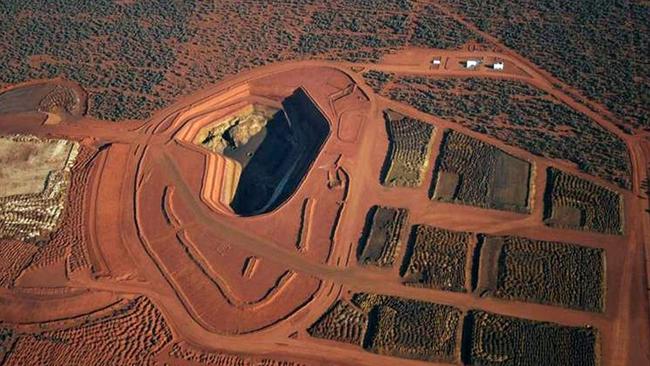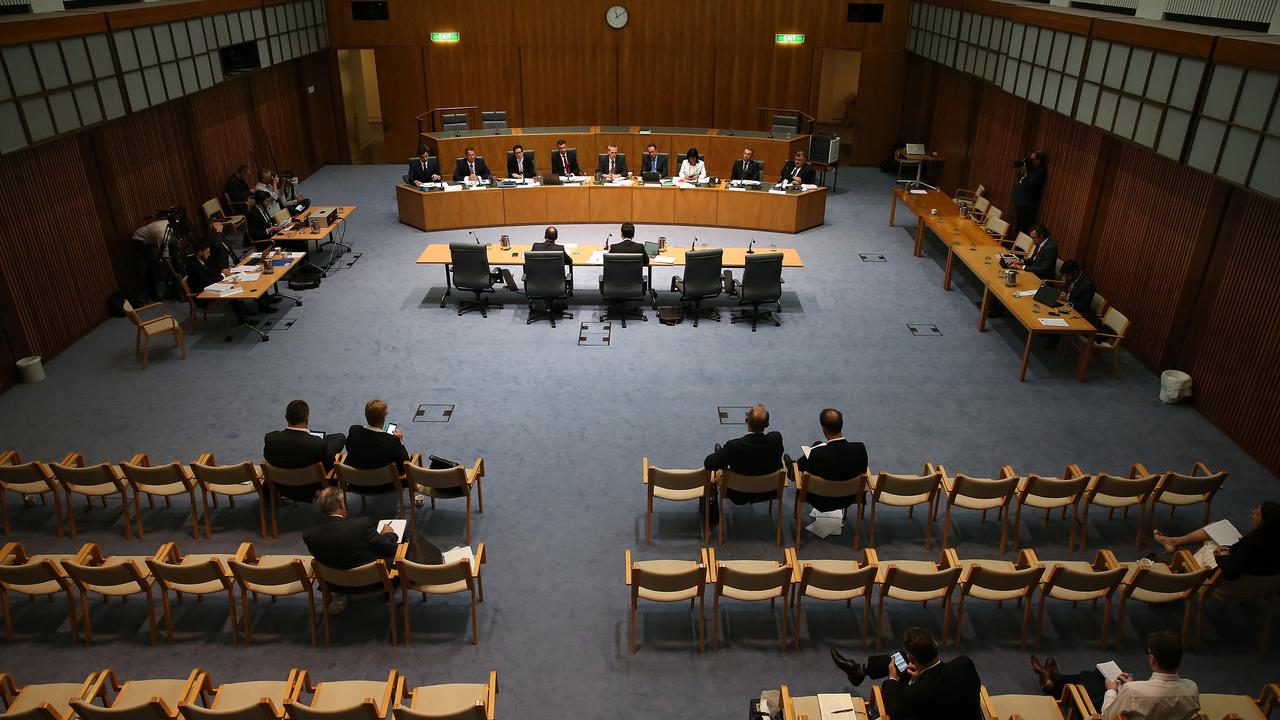Wesfarmers takes a new direction with Lynas bid
With the Lynas offer, Rob Scott shows he wants to take Wesfarmers on a vastly different journey to his predecessor.

Wesfarmers boss Rob Scott has chosen a hi-tech commodity stock, Lynas, as his first acquisition target in a surprise $1.5 billion bid unveiled today.
At $2.25 a share the bid is well above market at $1.56 a share but down from the $2.89 a share price in May last year.
Lynas is among a group of stocks known as electric vehicle commodities, because the rare earth producer specialises in neodymium and praseodymium (NdPr) which is used in magnets for electric cars and wind turbines, among other purposes.
The offer shows Scott plans to take Wesfarmers on a vastly different journey to his predecessor, who moved the company substantially into retail through the Coles acquisition.
Since taking over last year Scott has sold 85 per cent of the Coles supermarket business, shut the beleaguered Bunnings UK operation and sold coal assets in a $2 billion divestment.
This is his first major acquisition attempt.
He is proposing paying 14 times earnings for the controversial rare earth company, which processes its material in Malaysia under a tax deal signed by former chair Nick Curtis.
Lynas’s mine is at Mount Weld in Western Australia - one of the highest grade rare earth deposits in the world.
Recently the company’s Malaysian plant has been at the centre of environmental protests over the storage of waste material, and is facing regulatory obstacles.
In bidding for Lynas, Scott is also walking straight into global trade politics, because the rule of thumb says you go short commodities in which China is long, and China is long rare earths.
Lynas owns the only major rare earth processing plant outside China, which is where its strategic value lies, because some Western countries are keen for alternate sources of supply.
Lynas’s customers include Japanese trading house Sojitz and US companies which want to buy from someone independent of China.
Its major shareholders include Greencape Capital and Fidelity, which control 17 per cent between them.
Scott has also broken Wesfarmers’ normal processes by choosing Alan Young from Highbury and UBS as his advisers.
Young has worked extensively with Lynas.
The deal returns Wesfarmers to genuine conglomerate status but having sold its coal assets cheaply analysts are asking just what it knows about rare earth.
Scott, together with key recruits Ed Bostock, who runs Wesfarmers’ M&A after joining from KKR, and industrials boss David Baxby, were the brains behind this deal.
It is a play on the decarbonised global economy, which is a theme pushed by Baxby.
Lynas has yet to respond to the hostile bid but chair Mike Harding is likely to claim the deal is an opportunistic attack on a more valuable company than the Wesfarmers bid indicates.
The Wesfarmers bid is conditional on due diligence and environmental clearances.
This is a big ask given the stock is cheap because of the environmental protests in Malaysia and Wesfarmers wants to buy it now while the stock is in the doldrums.
If the environmental issues were clear then the stock price would presumably be higher, meaning Wesfarmers should pay more.





To join the conversation, please log in. Don't have an account? Register
Join the conversation, you are commenting as Logout